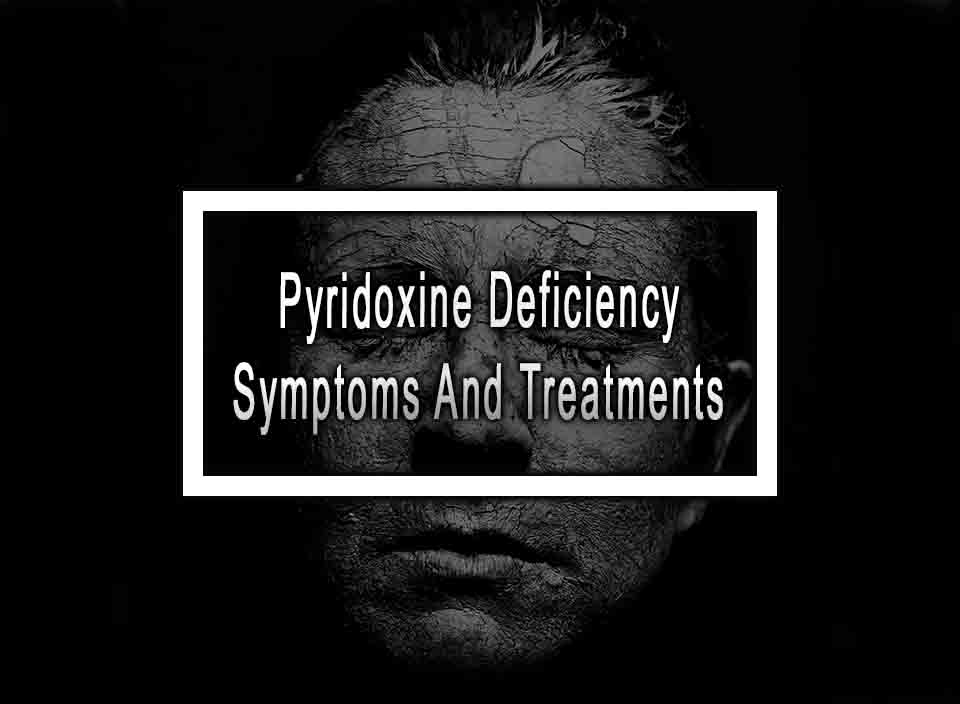Pyridoxine, also known as vitamin B6, is an essential nutrient needed for the proper functioning of the body. It plays a vital role in the metabolism of amino acids, neurotransmitters, and hemoglobin. Pyridoxine deficiency can lead to a range of symptoms, including neurological problems, anemia, and skin disorders. This article will discuss the signs and symptoms of pyridoxine deficiency and the treatments available.
Symptoms of Pyridoxine Deficiency
The symptoms of pyridoxine deficiency can vary from person to person, depending on the severity of the deficiency. Some of the common symptoms include:
Neurological Problems
Pyridoxine is essential for proper brain function. When there is a deficiency in this vitamin, it can lead to neurological problems. Some of the common neurological symptoms include numbness and tingling in the hands and feet, muscle weakness, and seizures.
Anemia
Pyridoxine is required for the production of hemoglobin, which carries oxygen in the blood. A deficiency of this nutrient can lead to a condition known as anemia. Symptoms of anemia include fatigue, weakness, and pale skin.
Skin Disorders
Pyridoxine deficiency can also lead to skin disorders. Symptoms include rashes, eczema, and dry, cracked skin.
Mood Disorders
Pyridoxine plays a role in the synthesis of neurotransmitters such as serotonin and dopamine, which are important for regulating mood. A deficiency of this nutrient can lead to mood disorders such as depression and anxiety.
Immune System Weakness
Pyridoxine is important for a healthy immune system. A deficiency can lead to a weakened immune system, making it harder for the body to fight off infections and illnesses.
Treatment of Pyridoxine Deficiency
The treatment of pyridoxine deficiency depends on the severity of the deficiency. If the deficiency is mild, it can be treated through dietary changes. Foods rich in pyridoxine include poultry, fish, beans, nuts, and whole grains.
In cases where the deficiency is severe, pyridoxine supplements may be required. These supplements can be in the form of capsules, tablets, or injections. The dosage of pyridoxine supplements will depend on the severity of the deficiency and the individual’s age and weight.
Preventing Pyridoxine Deficiency
Pyridoxine deficiency can be prevented through a balanced diet that includes foods rich in this nutrient. Some of the foods that are rich in pyridoxine include:
- Poultry
- Fish
- Beans
- Nuts
- Whole grains
- Fortified cereals
It is also important to avoid excessive alcohol consumption, as this can lead to a deficiency in pyridoxine.
Conclusion
Pyridoxine deficiency can lead to a range of symptoms, including neurological problems, anemia, and skin disorders. Treatment of pyridoxine deficiency depends on the severity of the deficiency, with dietary changes or pyridoxine supplements being used. Pyridoxine deficiency can be prevented through a balanced diet that includes foods rich in this nutrient. If you are experiencing any of the symptoms of pyridoxine deficiency, it is important to speak with your healthcare provider to determine the best course of treatment.
Pyridoxine Deficiency FAQ
Here are the most common questions about pyridoxine deficiency.
How is pyridoxine deficiency diagnosed?
Pyridoxine deficiency is diagnosed through blood tests that measure levels of vitamin B6. However, these tests may not always accurately reflect the body’s vitamin B6 status, as there are many factors that can affect the results.
How is pyridoxine deficiency treated?
Treatment of pyridoxine deficiency involves increasing the intake of vitamin B6 through food sources or supplementation. The amount of vitamin B6 needed will depend on the severity of the deficiency and the underlying cause.
What are some food sources of vitamin B6?
Good food sources of vitamin B6 include chicken, fish, beef liver, potatoes, sweet potatoes, bananas, spinach, and fortified cereals.
Can pyridoxine deficiency be prevented?
Pyridoxine deficiency can be prevented by consuming a varied diet that includes sources of vitamin B6. However, people with certain medical conditions, such as Crohn’s disease or celiac disease, may be at higher risk for deficiency and may need to take supplements under the guidance of a healthcare provider.
Are there any risks associated with taking too much vitamin B6?
Taking high doses of vitamin B6 for long periods can cause nerve damage, so it’s important to follow recommended daily allowances and consult with a healthcare provider before taking supplements.
More like this: 6 Benefits Of Thiamine











